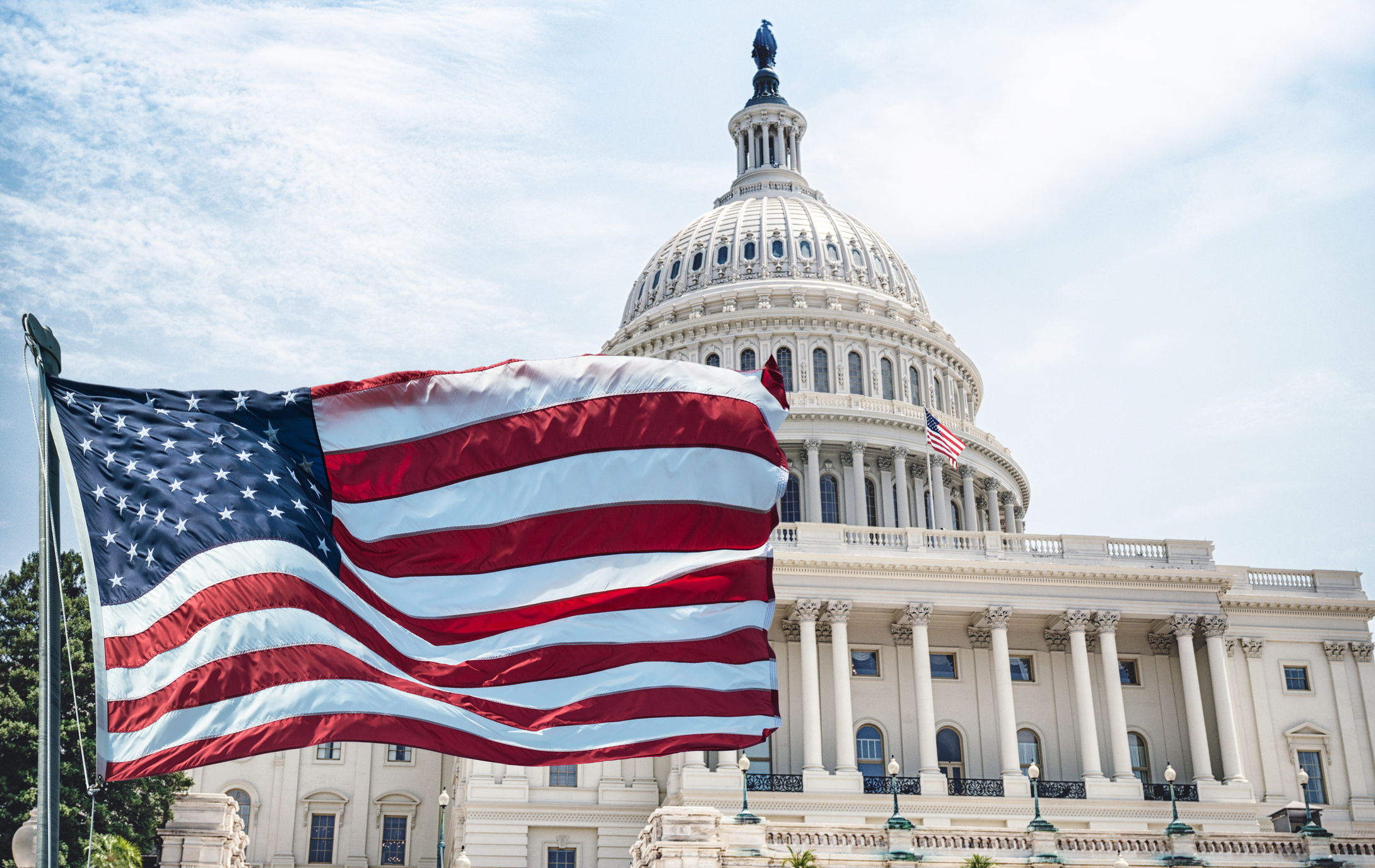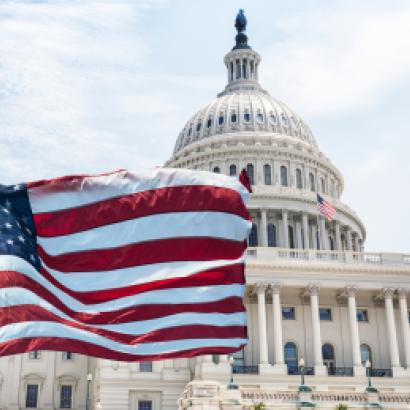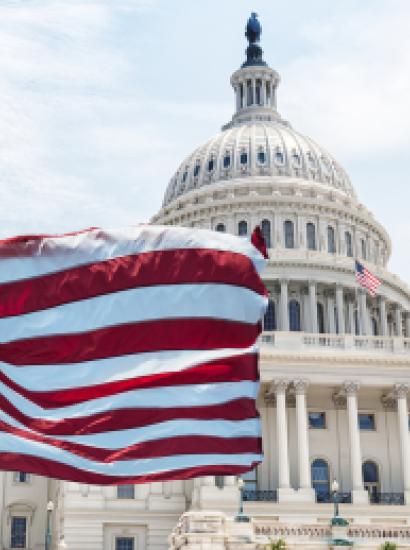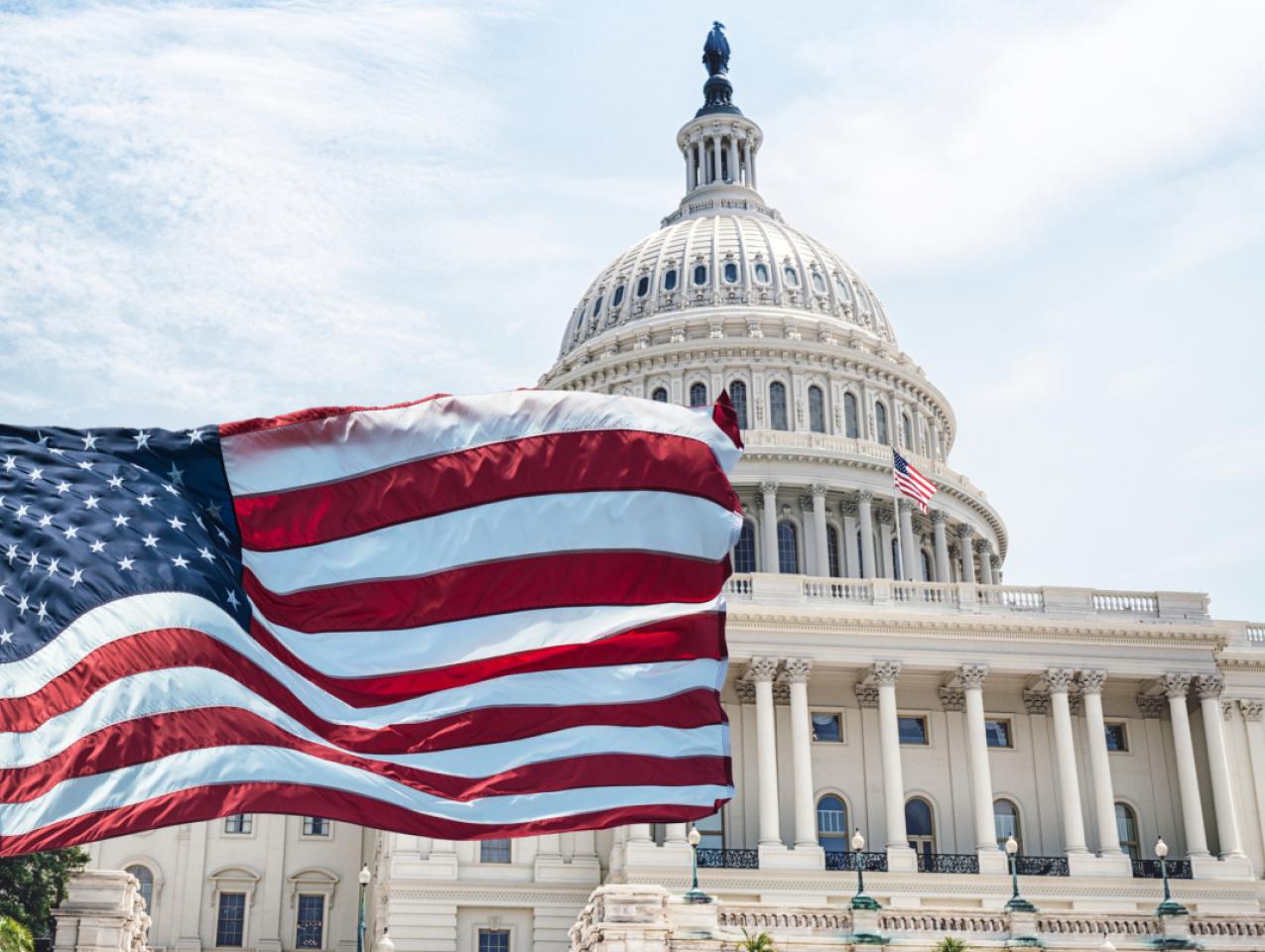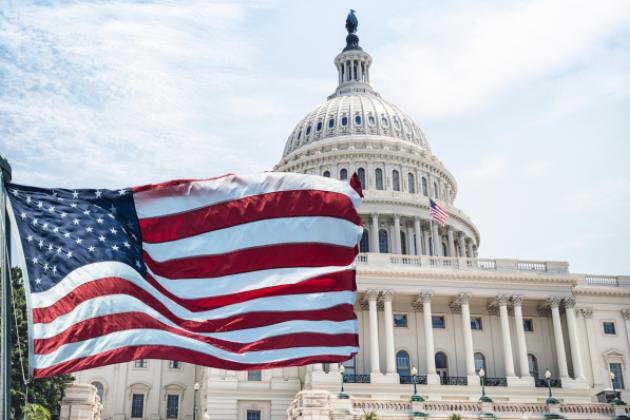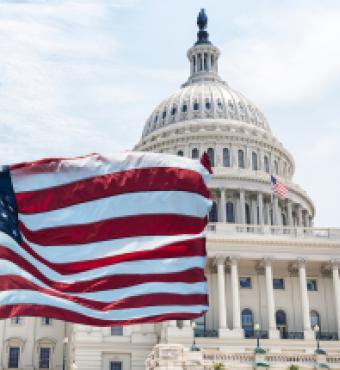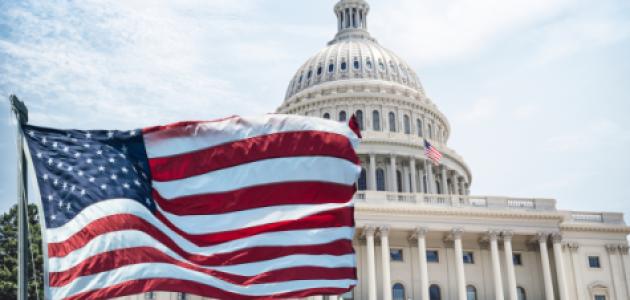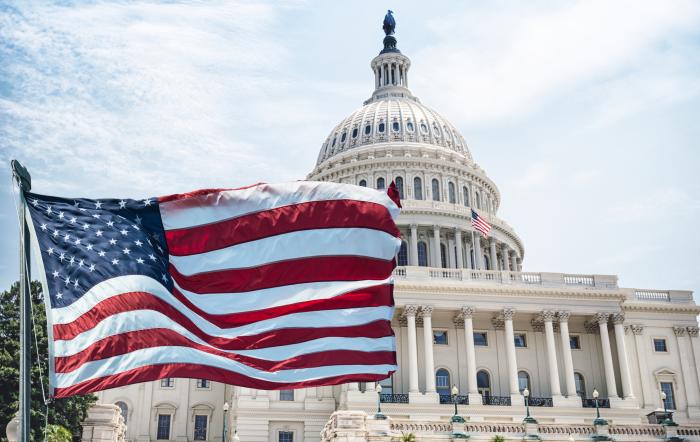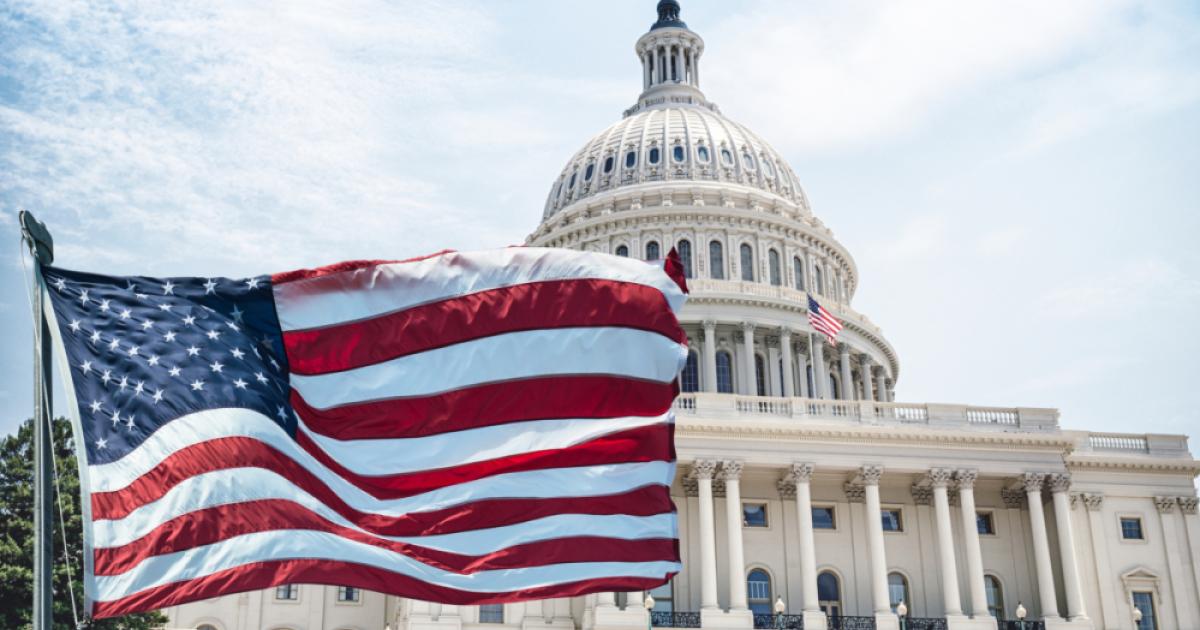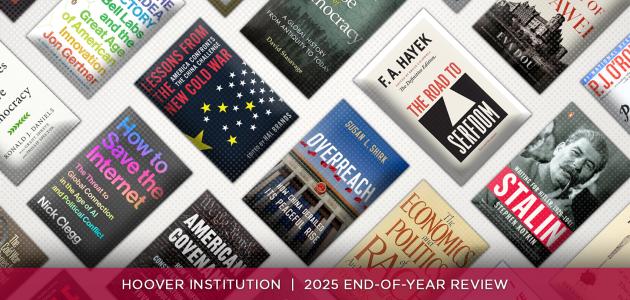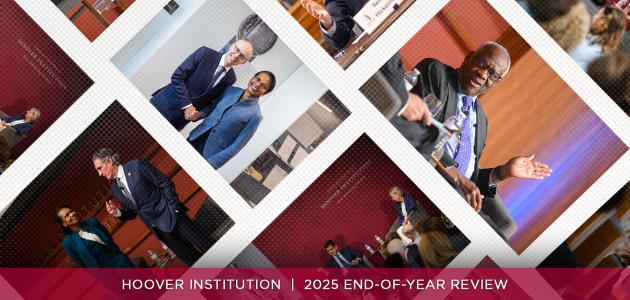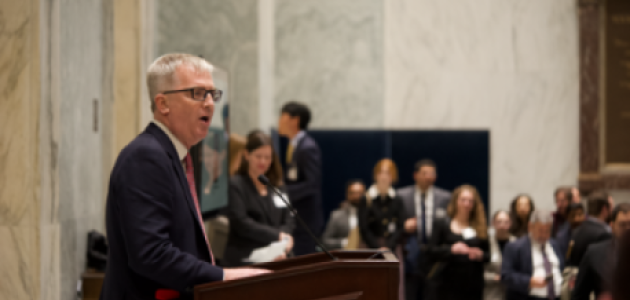The Hoover Institution Working Group on Intellectual Property, Innovation, and Prosperity (Hoover IP²) held its annual DC symposium, “The American Innovation Machine: What Role for Patents?” at the Hoover Institution’s Washington, DC, offices on March 26, 2015.
In his presentation, Wesley Cohen, professor of economics and management at the Fuqua School of Business, Duke University, focused on innovation, which is “introducing inventions into the market.” Firms rely heavily on external sources (for example, universities, customers, independent inventors) for patenting, licensing, and bringing inventions to market. The relationships between this diverse group of external inventors and the firms are crucial to innovation. If these relationships weaken, innovation suffers.
Hoover Institution senior fellow and Stanford University professor Stephen Haber asked why inventors sell their patents to patent assertion entities (PAEs), also known as patent trolls. His research notes the financial asymmetry between small inventors and large manufactures and shows that PAEs serve as intermediaries who mitigate the potential costs associated with potential litigation. PAEs provide liquidity and insurance. He concluded by saying “In the absence of PAEs, individual inventors might play a more limited role in the innovation ecosystem.”
Michael Risch, professor of law at Villanova University, worked through twenty-five years’ worth of patent litigation data to develop a layering of patent system litigation. He found, at the first layer, that the vast majority of cases settle. The second layer—those brought to trial—are often not litigated by the original inventor but rather by non-practicing entities (NPEs) and firms to whom the patents were licensed or that are marketing the patents.
The third layer, technology, is where he notes a difference between patents asserted by NPEs and others. NPE patent assertion tends to concentrate in fewer industries (for example, telecommunications, data storage, business software, television); whereas non-NPE assertions are more evenly distributed across industries and are enforced by larger, better funded firms.
Hoover IP² is an interdisciplinary research project that examines how intellectual property (IP)—particularly patents—affects technical innovation and creativity and, hence, economic growth. Through a series of conferences and symposiums Hoover IP² is building a scholarly network of economists, political scientists, and legal scholars who work with practicing attorneys, jurists and judicial interns, federal government officials and their staff, and other IP specialists to create a body of IP-related research, based on reason and evidence, and to discuss the implications of that research.







